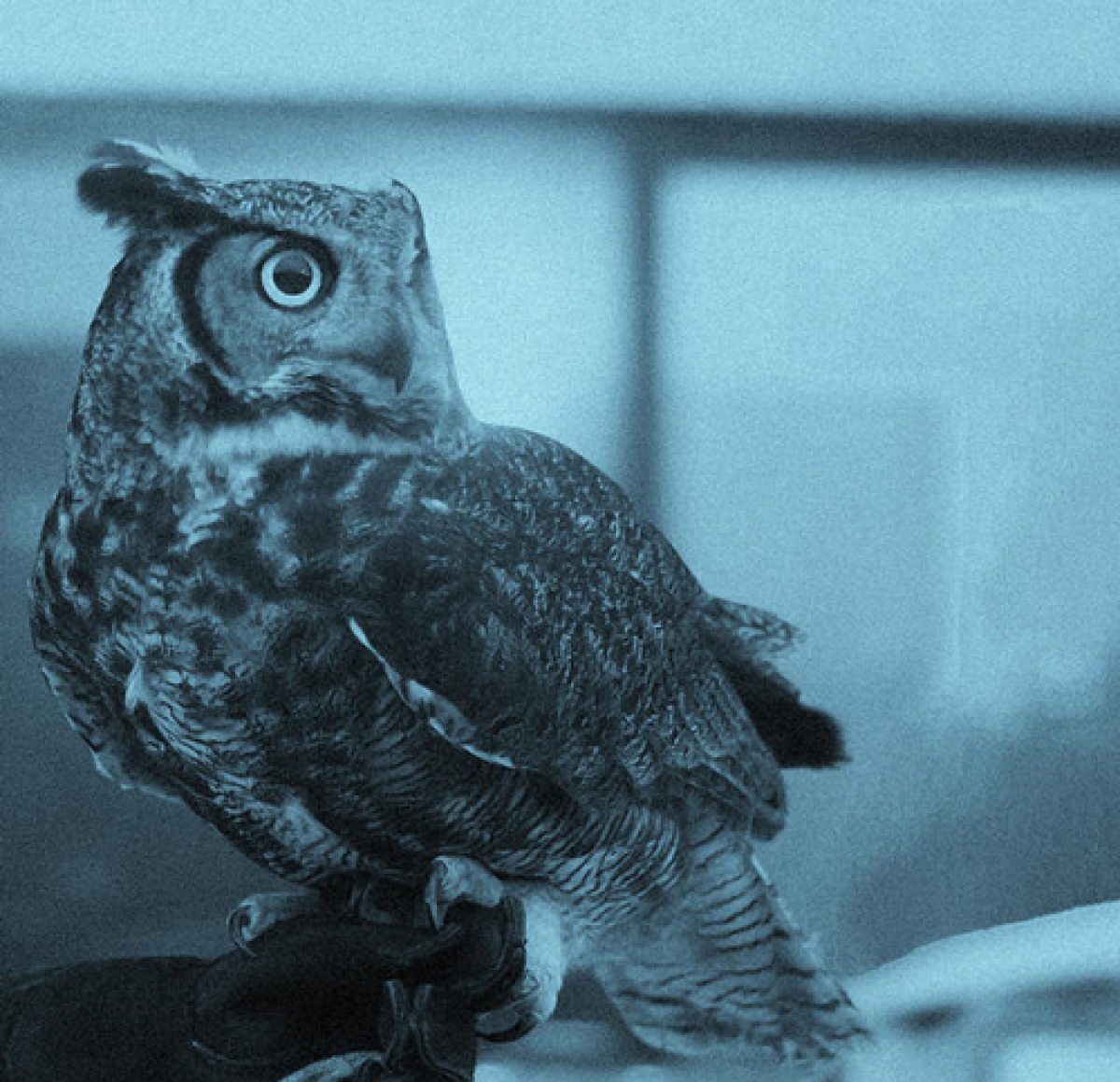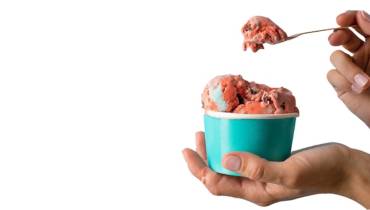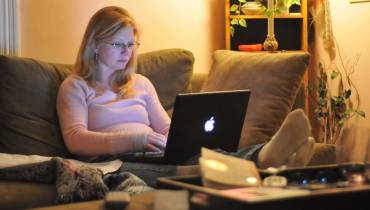Scientists Say Morning People Are More Successful Than "Night Owls"

Are you a morning person (early bird) or the evening type (night owl)?
According to a report published by Roberts and Kyllonen in a 1999 issue of Personality and Individual Differences, night owls (those people who are most alert at night, and typically stay up long after dark) might be a bit smarter than morning people. However, morning people (those who are up and about early in the morning, roughly the same time even on weekends) are more likely to be successful.
Here’s why scientists say morning people are likely to be more successful than night or evening people:
1. Morning people are more proactive.
Christoph Randler, a biology professor at the University of Education in Heidelberg, Germany, reported in a paper published in the Journal of Applied Social Psychology that morning people are more proactive than evening types. He described proactivity as the willingness and ability to take action to change a situation to one’s advantage.
Because morning people tend to be more proactive than evening people, they do well in business, Randler said. In an interview on Harvard Business Review Randler noted:
“When it comes to business success, morning people hold the important cards. They tend to get better grades in school, which gets them into better colleges, which then leads to better job opportunities.”
This finding might make sense because, in theory, earlier in the morning is when your mind is most rested, your motivation highest and there is relatively less distractions. The mind is most creative at night, but most productive in the morning.
2. Morning people are less prone to bad habits and drug abuse.
Not that evening types are always ill-mannered and drug dependent. Actually, some experts say night owls are smarter and more creative. But, morning “larks” hit the sack early at a respectable evening hour (typically in bed before 11 p.m.). That seems to make them a little less vulnerable than night people to bad habits—namely, drinking, smoking, and even infidelity.
A number of studies support this assertion. One study of 537 individuals comprising of professionals and students with different but regular work schedules found that night types consume more alcohol than morning larks. Another study from a Finnish Twin Cohort found that night people were much more likely to be current or lifelong smokers, much less likely to stop smoking, and at much higher risk for nicotine dependence as per diagnostic criteria compared with morning folks.
These findings might not come as entirely surprising considering that the nightlife is more conducive to drinking, smoking and infidelity.
3. Morning people are conscientious, less showy, and thus more agreeable.
The tendency to drink and smoke more among night people is associated with a trait that psychologists call “novelty-seeking” or simply NS.
According to PhyscologyToday, NS is “a personality trait associated with exploratory activity where someone seeks new and exciting stimulation and responds strongly from the surge of dopamine and adrenaline released when anyone has a novel experience.”
Several studies have linked night people with this “novelty-seeking” characteristic. Randler and a colleague also studied the relationship between morningness–eveningness and temperament in adolescents ages 12 to 18. They found that evening types tend to display an extravagance in approach to reward cues (showoffs.) Morning people were more conscientious and less showy, and thus more agreeable. Agreeableness is a positive trait that can help in the pursuit of success, though not always.
4. Morning people procrastinate less.
A 1997 study led by delay researcher Joseph Ferrari of DePaul looked at college students and found that trait procrastinators referred to themselves as “night” people. Ferrari discovered there is a link between procrastinating behaviors and a general preference to do activities in the evenings. This finding that evening people tend to be worse procrastinators was based on six days of daily task records.
In 2008, a team of researchers that included Ferrari did a follow up study on procrastination. This time they looked at adults with a mean age of 50. The findings of the earlier study held true. Once again night people were associated more with avoiding tasks that needed to be completed. The 2008 study was reported in the Journal of General Psychology.
Given that putting off impending tasks to a later time, sometimes to the “last minute” before a deadline can create problems, the researchers also hinted that this general tendency to delay tasks until nighttime may cost night people career success. That’s particularly true at jobs where strong daytime work ethics are expected or required.
5. Morning people have better moods and tend to be happier.
That’s the argument put forth in a 2012 paper by Dr. Lynn Hasher and Renee Biss, psychologists at University of Toronto. The researchers assessed a sample of 297 older adults (59 to 79) and 435 young adults (17 to 38) on their current moods, as well as their preference to mornings or nights. They found that morning people were generally happier and more alert than their peers who sleep in.
One reason night people might find it harder to stay alert and feel less happy than morning people is because of the disconnect between their nighttime preferences and conventional daytime expectations. Generally, night people are out of sync with the typical day-to-day schedule. They often have to force themselves to wake up early and perform at their peak during the day, which leaves them emotionally drained, and can even cause them sleep loss. Social scientists call this effect “social jetlag.”
For morning people, everything is as it should be. “Larks” are happy with the typical day’s schedule because it suits them. “Waking up early may indeed make one happy as a lark,” wrote the researchers.
Who’s to say when you’re happy, alert and proactive you can’t perform better?
Maybe early birds really do “get the worm.”
See Also: 15 Reasons Why You're Not as Successful as You Should Be.
* A version of this post appeared on Lifehack.org.
Image Credit: Kristina Servant/Flickr




















